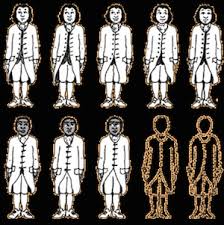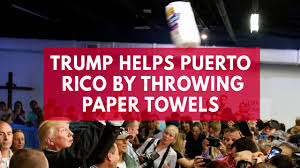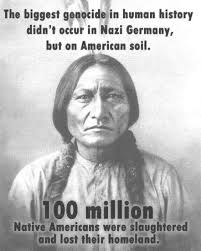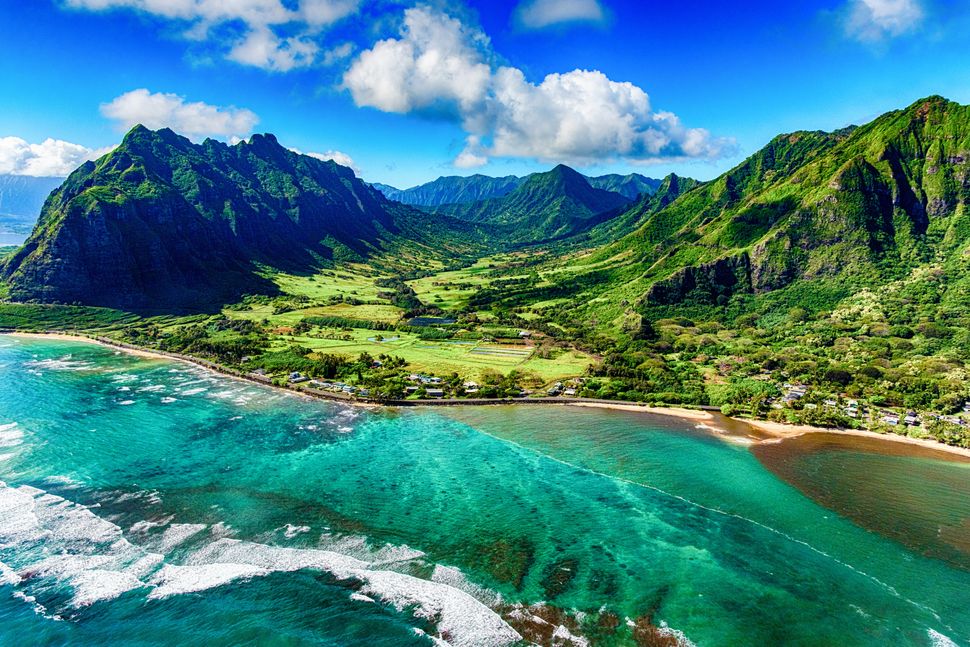A Reflection on Economic Deprivation in Puerto Rico
- Roberto
- Mar 15, 2020
- 4 min read
Updated: Apr 8, 2020
I recently responded to the earthquake relief effort in Puerto Rico. I serve on a national disaster relief team and while in Puerto Rico was able to see the impact area of the earthquake and the devastation that was left. What I found were thousands of Puertorriqueño's living in fear and in pop-up shelters such as tents and canopies.
Many homes were now supported by compromised foundation pillars, ready to fall down after hundreds of aftershocks. I had previously been on the island, for 3 months, shortly after Hurricane Maria struck in September of 2017.
I witnessed the devastation and people living without electricity, potable water, internet, and cell service. Not much had changed since that visit. The tent cities remained entrenched.
While neither the earthquake nor hurricane were man made. It made me reflect on the political climate. I questioned if Puerto Rico would ever achieve statehood. Could their economy sustain itself without it?
When Betsy Ross constructed our original flag, I don’t think she ever imagined a Spanish speaking country being added with the 13 original states. Yet, today, race could be a factor in deciding whether we add the 51st star to our flag.
Our founding fathers made it clear that in order to secure wealth, property, privilege, and seen as being full American you had to be white. The 1787 3/5 of a human being clause in our constitution confirmed that.
Ironically, most Puerto Ricans (PR) see themselves primarily as white. It's not until they are stateside on the mainland of the U.S. that they realize they are Latina/o and considered a minority. Furthermore, many Americans still don’t know that Puerto Rico is a commonwealth and those born on the island are Americans by birth.
Even our own president was ignorant of the fact and was caught shortly after Hurricane Maria not knowing about PR citizenship. Although, he did try to help out during his visit...I guess during our current COVID-19 crisis in the United States, it may be toilet paper he tosses out to the people.
Perhaps the relief aid that’s being held up and the stripping of Puerto Rico’s economy could be a strategy to impoverish the island.
If so, it could provide the opportunity to purchase or take away land from the Borinquens, meaning, the great land of the valiant and noble lord. It wouldn’t be the first time that occur in history.
Our U.S. history began in Jamestown in 1607 and for nearly 300 years a genocide took place where indigenous lands, language and culture were taken away. Christian boarding schools stripped away native children’s identity and broke up families by forced removal. In time, Native Americans became the most impoverished people in the U.S. where alcoholism and suicide rates rose. Land rights are still questioned today.
The United States Supreme Court case, Carpenter v. Murphy (17-1107) encapsulates the larger history of Native dispossession—a story of bloody violence, genocide, and silently dissolving into bland acculturation, criminalization, lawsuits and court hearings.
In 1999, Muscogee Creek citizen Patrick Murphy killed his girlfriend’s ex-husband. He was sentenced to death by the state of Oklahoma. His lawyers argued that the state didn’t have jurisdiction to prosecute the crime, because it took place on his tribe’s reservation. But does that reservation actually exist?
That’s the question at the heart of Carpenter v. Murphy, which the Supreme Court deadlocked on this past 2019 term and will rehear in the fall. The Muscogee Creek people were given 3 million acres in 1866, but the state of Oklahoma gradually ceased to recognize the tribe’s sovereignty.
If the Supreme Court concurs with an appeals court’s ruling, that the reservation was never formally abolished, then the same might be true for the reservations of the Cherokee, Choctaw, Chickasaw, and Seminole. As much as 19 million acres could be returned to the “Five Tribes” who were forced West on the Trail of Tears. A 2,200 mile walk across nine states, where 4,000 native people lost their lives from the cold, hunger and disease.
Hawaii is another example of native disfranchisement. Hawaiians can’t afford housing and now live in poverty and homeless on their beaches with families broken up. They once had a royal Hawaiian family who in 1893 lost a battle by nationalistic Americans who in time took away native Hawaiians property and rights. I was shocked when I saw the native population living on the beach in Maui, in the area of Lahaina. A beautifully serene vista with the underbelly of pain and despair for native Hawaiians.
Data collected by the Department of Housing and Urban Development in 2016 shows that 42 percent of Hawaii’s homeless population identifies as Native Hawaiian or other Pacific Islander. Today, homes are primarily owned by those whose ancestry is not Hawaiian. Employment for native Hawaiians is primarily in the maintenance, janitorial and service industry. The only cultural exchange for Hawaiians may be dancing the Hula while serving drinks to foreigners at a Luau.
As I reflect on native economic and social deprivation in Hawaii, it appears Puerto Rico could be next. If our country’s historical narrative continues, Puerto Rico could be just a generation away from having nearly all Puerto Ricans impoverished and living on their beaches, with English as its official language.
The recent disasters that have plagued and crippled the Puerto Rican economy could be a political means of buying land on the island by non-Puerto Ricans. Just examine the relief effort and how the current administration is withholding monies that were initially voted by the U.S. Congress and the Senate for the island. The president’s argument for delaying funding is based on the claim of continued corruption on the island. This sounds familiar, like the same claim the President made to withhold Ukrainian funds. Who really benefits when people-of-color are marginalized and silenced by bureaucracy and corruption?











Comments